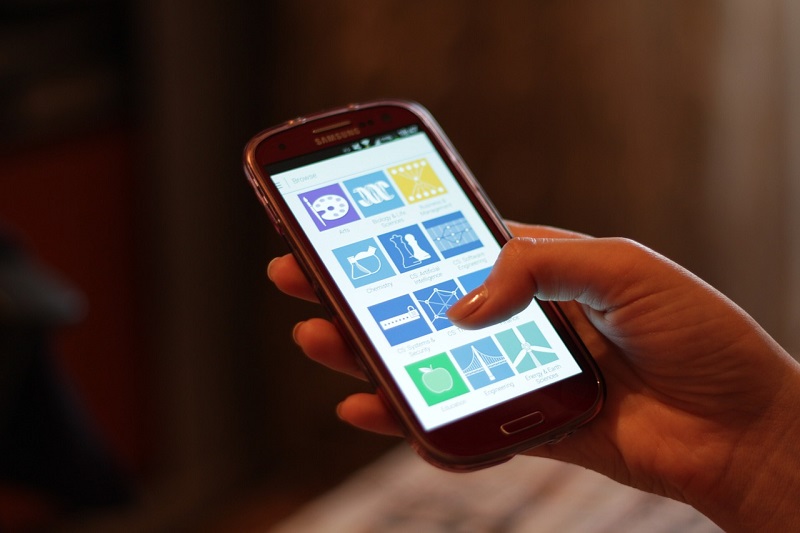Access to mental health care is constrained because it is expensive—a session with a therapist can cost between R500 and R1,000—and many people are reluctant to seek the necessary assistance due to the stigma associated with mental illness.
The truth is that hundreds of thousands of South Africans endure suffering in silence because they are either ashamed to ask for assistance, don’t know where or how to do so, or are unable to pay for assistance.
Though there are many smartphone apps available for consumers to obtain support, mental health services are now more readily available than ever thanks to the advancement of technology.
The goal of Panda, a mental health support app that debuted a year ago, according to co-founder Alon Lits, was to give as many individuals as possible access to a caring community where they may receive care and improve. Lits and his clinical psychologist business partner Allan Sweidan were aware that technology was the best method to accomplish this.
The Panda app is committed to assisting you in navigating these challenges, whether you’re looking for help with handling financial stress, dealing with bullying, achieving a work-life balance, handling pressure at work, setting healthy relationship boundaries, having a positive body image, or just beginning your mental health journey.
Several of its attributes include Join sessions in the “Forest”: Here, you can take part in real-time audio-only discussions about a range of issues relating to mental health. Join the group to communicate anonymously with professionals and people who are going through similar things.
It also has Tracked evaluations: This will provide you more information about your mental health and help you evaluate how you are doing more objectively.
Lits claims: “A smartphone is required to use the Panda app. To aim to democratise access to mental health support and assist people in finding the best care at the appropriate time, we have made the platform really simple to use.”
According to data collected thus far, support for anxiety, depression, test stress, sleep deprivation, and low self-esteem is urgently needed, says Lits.
He says that anxiousness is by far the most prevalent problem, predominantly impacting younger age groups.
According to the findings of the Mental Health of the World report 2021, South Africans have the lowest mental health quotient score worldwide, which indicates that our nation is dealing with an underappreciated mental health catastrophe.

